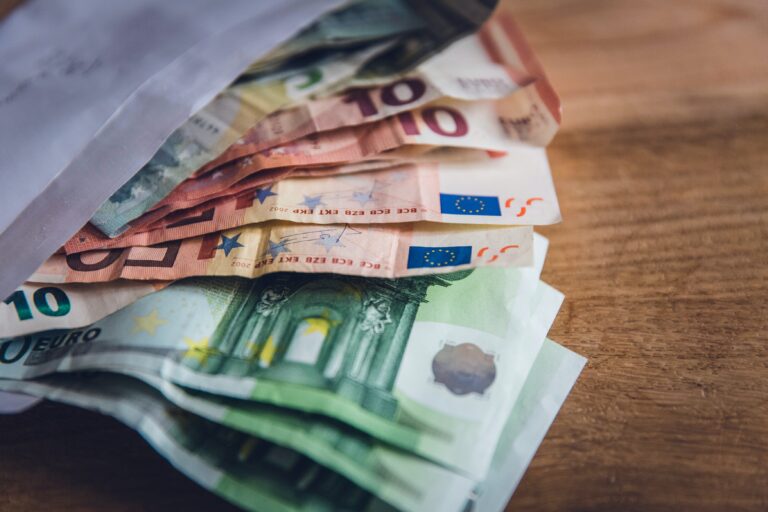
Morning Brief – Tuesday 27th
Wobbly Trump:
The White House has changed direction once again, lashing out at China and Brexit in one foul swoop. Attacking Brexit, Trump said that the deal is not a good deal for the United Kingdom; instead, it favours the European Union, prejudicing British trade and independence. Drawing from dubious foundations, Trump also noted that the deal could prevent the UK from trading with the United States and other critical trading partners during the transition period. Speaking ahead of the G20 Summit taking place on Friday and Saturday of this week, Trump drew into question scenarios that had been assumed as given for several weeks. For a long time now, markets have priced in the possibility of trade resolution between the conflicting trading leviathans of China and the United States. However, news has come to market that should Trump and Chinese President Xi Jinping not agree upon a trade resolution this weekend, further tariffs upon billions of dollars’ worth of Chinese exports could be levied. Moreover, the tune of tariffs is up for negotiation, with sanctions anywhere from 10% to 25% being discussed. The two increasingly protectionist states must agree to trade more freely upon a level playing field, affording mutual access to each others’ markets. Following increasing defensive demand, the US Dollar has appreciated moderately, clawing back the 1.13 resistance level against the Euro. Should the two states agree to suspend the inhibitions to trade (that have been generated through the levying of tariffs) global growth forecast would be revised upwards. The increase in risk appetite could prevent the Dollar from appreciating further, however, the opportunities for domestic economy growth will offset this effect. Despite the crisis unfolding in Italy day by day, Mario Draghi, President of the European Central Bank, has reaffirmed his commitment to normalise monetary policy by the end of this year. The asset purchase program that the ECB has embarked upon since promising to do “whatever it takes” to save the Eurozone now stands at a colossal $2.6 trillion. Removing the ultra-accommodative monetary policy is imperative for the Euro to recover value and stick to the timetable of hiking interest rates following the summer of 2019.

Discussion and Analysis by Charles Porter

Related Insights

Daily Brief – A weaker Dollar: Trump vs. Powell
A weaker Dollar: Trump vs. Powell The Dollar continued to lose ground yesterday as the truce between Israel and Iran appeared to continue to hold. There has been a noticeable return to focus upon macro and monetary influences in major currency pairs. Yesterday, Fed Chair Jay Powell provided his semi-annual monetary policy report before the […]

Daily Brief – Big Girls Don’t Cry
Big Girls Don’t Cry A bond market tantrum and one of the sharpest one day sell offs in Sterling for several years appear to have been catalysed by the Chancellor’s appearance in PMQs yesterday. First: the back story. This Labour government has faced some embarrassment in recent weeks trying to get its welfare bill through […]

Daily Brief – Next level
Next level EURUSD has managed a relatively smooth ascent to its current levels, around 1.18. That is despite significant resistance levels, most notably around 1.17. A large collection of option strike prices gathered around this key level and the price history of the pair shows us its significance. Sustained closes above this level since last […]



 Charles Porter
Charles Porter